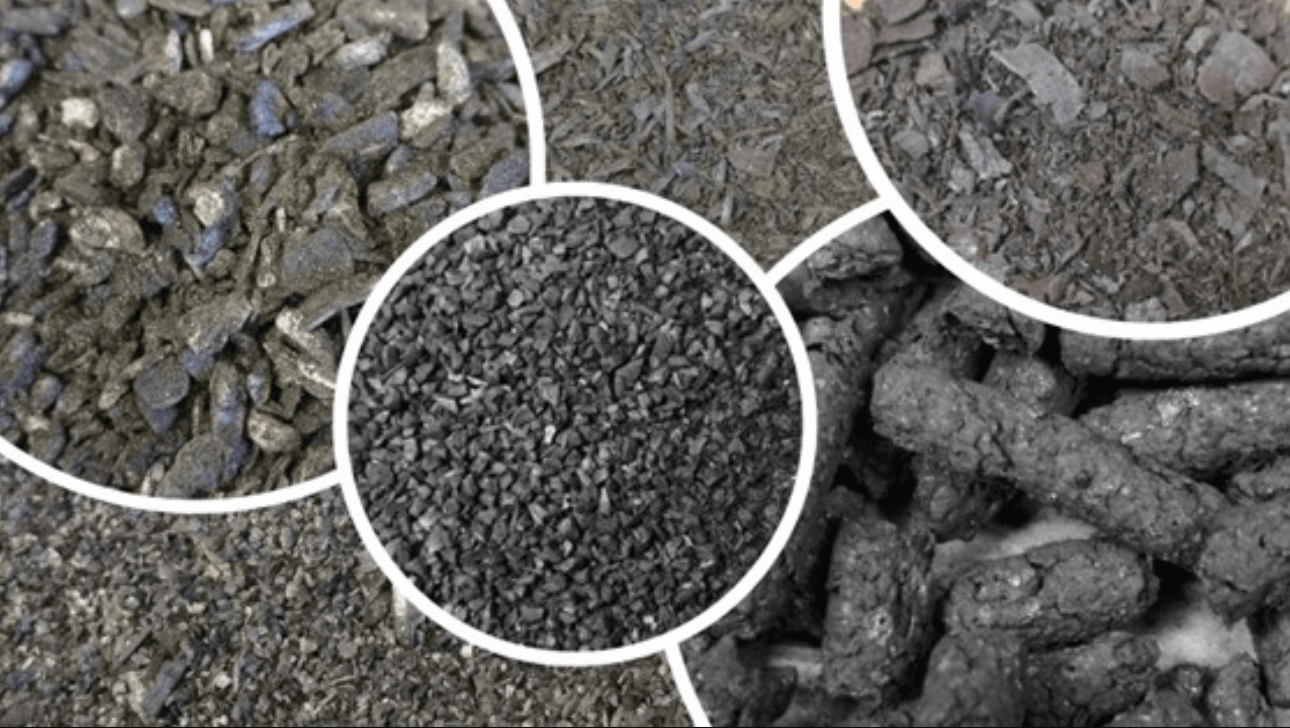In what researchers are calling a scientific breakthrough, scientists behind a new study may have found the biological reason we get more respiratory illnesses in winter. It turns out the cold air itself damages the immune response occurring in the nose.
“This is the first time that we have a biologic, molecular explanation regarding one factor of our innate immune response that appears to be limited by colder temperatures,” said rhinologist Dr. Zara Patel, a professor of otolaryngology and head and neck surgery at Stanford University School of Medicine in California. She was not involved in the new study.
In fact, reducing the temperature inside the nose by as little as 9 degrees Fahrenheit (5 degrees Celsius) kills nearly 50% of the billions of virus and bacteria-fighting cells in the nostrils, according to the study published [December 6] in The Journal of Allergy and Clinical Immunology.
“Cold air is associated with increased viral infection because you’ve essentially lost half of your immunity just by that small drop in temperature,” said rhinologist Dr. Benjamin Bleier, director of otolaryngology translational research at Massachusetts Eye and Ear and an associate professor at Harvard Medical School in Boston.
































